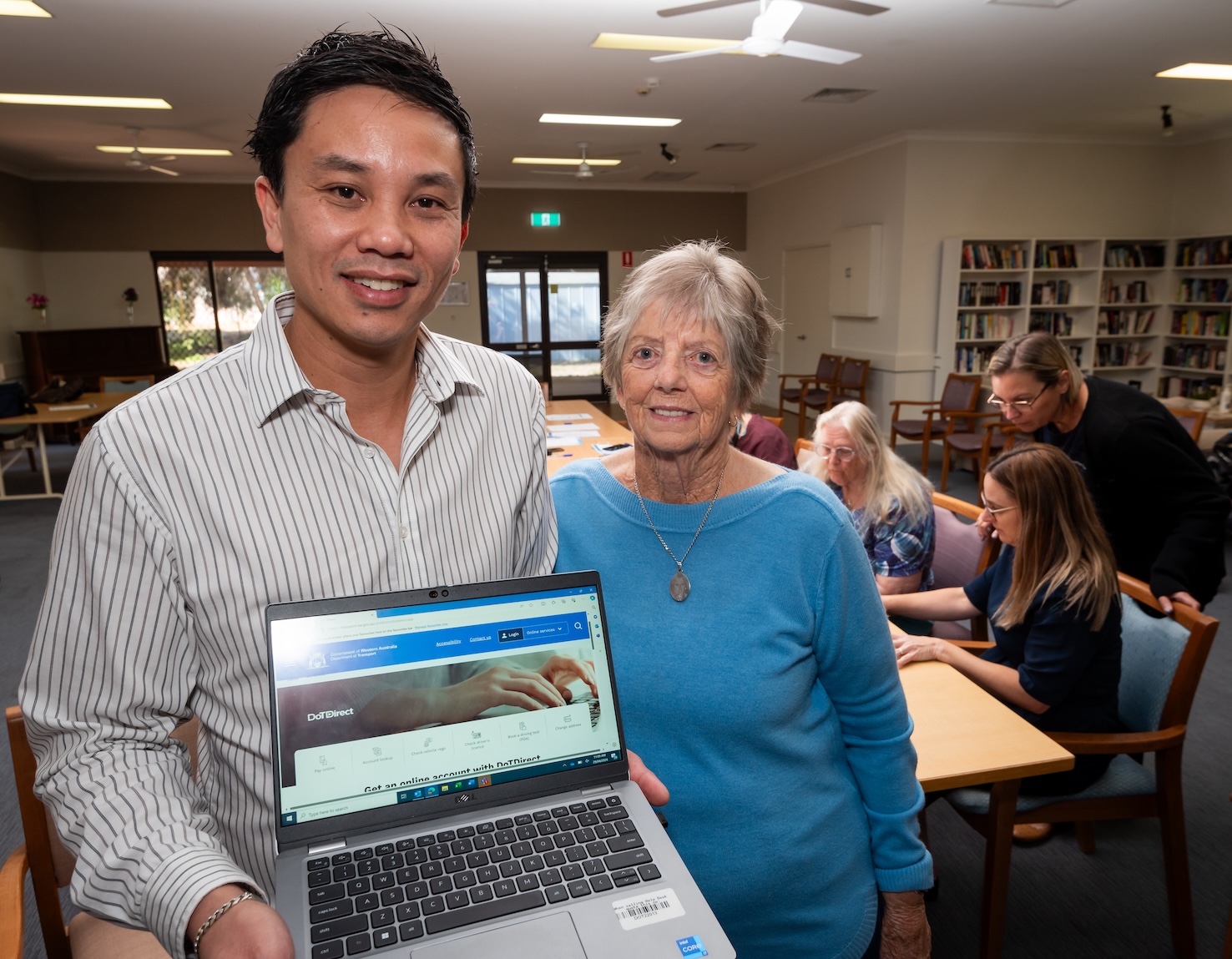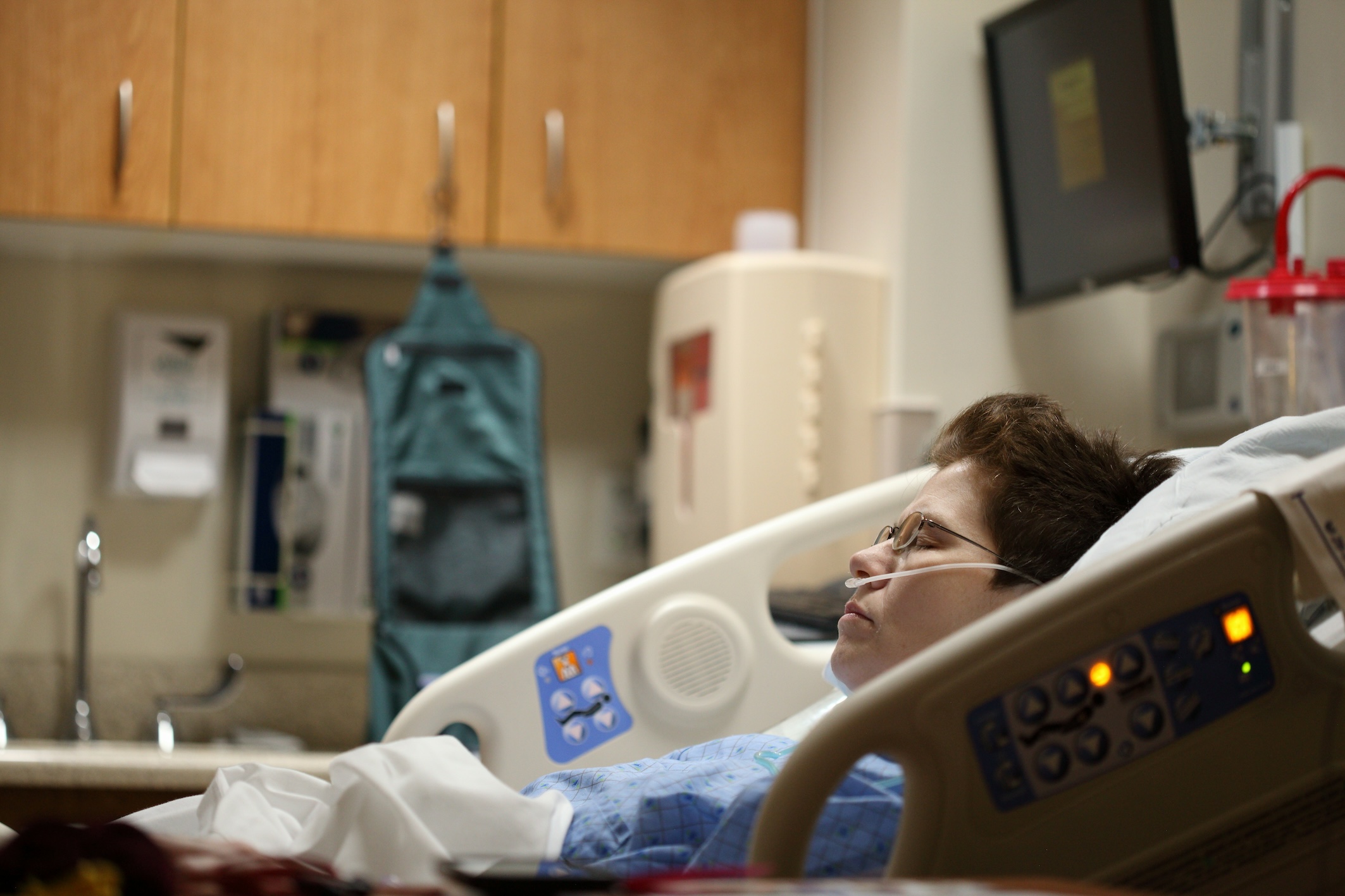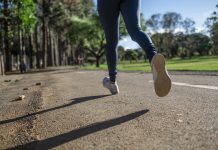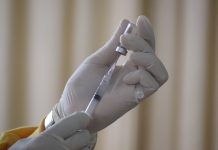In Australia cancer is the second most common cause of death in older people. The older you are the greater your chance of getting cancer.
Public health advice on cancer prevention is to give up smoking and use sun protection when out of doors, together with screening for breast and bowel cancer and vaccination for cervical cancer.
Earlier studies have shown that vitamin D inhibits the growth of cancer cells and omega-3 oils inhibit the transformation of normal cells into cancer cells. Moreover, exercise improves immune function, decreases inflammation and can cause tumour cells to die. However, clinical studies had found only small and variable effects from applying these interventions separately.
Dr Heike Bischoff-Ferrari of the University Hospital Zurich and her colleagues tested the effect of daily high-dose vitamin D, daily supplemental of omega-3s fatty acids, and a simple home exercise program (SHEP), alone and in combination, on the risk of invasive cancer among adults aged 70 or older.
The researchers set up the DO-HEALTH trial: a three-year trial with over 2,000 community-dwelling volunteers (62 per cent female) of average age 75 and in reasonable health in five European countries – Switzerland, France, Germany, Austria, and Portugal. Only five per cent of the volunteers were smokers.
“In DO-HEALTH, our aim was to test promising combined interventions for cancer prevention taking advantage of potentially small additive benefits from several public health strategies,” said Dr Bischoff-Ferrari. “Novel cancer treatments aim to block multiple pathways for cancer development by combining several agents. We translated this concept into cancer prevention.”
The participants were randomised into eight different groups to test the benefit of the treatments both individually and in all combinations.
The treatment chemicals and a placebo were contained in identical capsules coated with a substance to provide identical aftertaste.
Dr Bischoff-Ferrari did not respond to questions about the exercise program, so Have a Go News
asked Professor Robert Newton of Edith Cowan University for comment.
ECU researchers have been carrying out trials of exercise for medicine for over 20 years.
“You can’t carry out double blind trials with exercise as the participants know what program they are doing, but we can single blind. The assessors don’t know which treatment each participant received. Another way is placebo-pair exercises with the control group doing an exercise program that is unlikely to have any effect on cancer.”
Participants in the European trial received check-up phone calls every three months and had standardised examinations of health and function in the trial centres at baseline and each subsequent year.
The results show that all three treatments (vitamin D, omega-3, and SHEP) had a small individual benefit but when all three treatments were combined, the benefits were larger and statistically significant. The researchers saw an overall reduction in cancer risk by 61 per cent.
“This is the first randomised controlled trial to show that the combination of daily vitamin D3, supplemental marine omega-3s, and a simple home exercise program may be effective in the prevention of invasive cancer among generally healthy and active adults aged 70 and older,” Dr Bischoff-Ferrari said.
One cancer case was prevented for every 35 people treated in the three years of the study.
“Our results may prove to be beneficial for reducing the burden of cancer,” she said.
“Future studies should verify the benefit of combined treatments in the prevention of cancer, also extending to longer follow-ups beyond the three-year duration assessed in this trial.”
“Exercise certainly reduces the impact of cancer,” said Professor Newton. “At ECU we are researching how exercise helps supress tumour cells.
“We are also interested in synergies between exercise and other treatments, for example supplying casein increases muscle growth while patients are on a weight loss program.”
The study was published in Frontiers of Aging, last month.






























